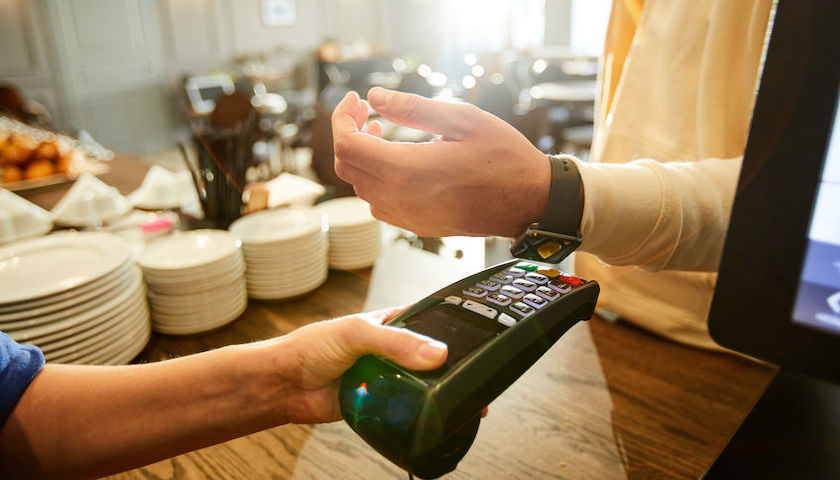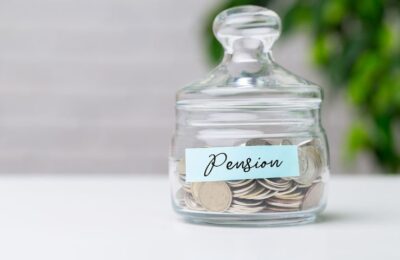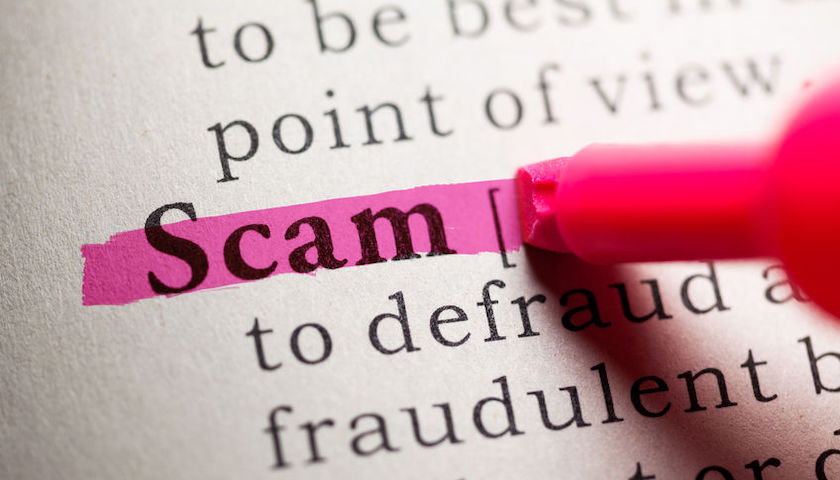What is electronic sales suppression fraud?
Electronic sales suppression fraud relies on software that is designed to manipulate or suppress sales data within electronic point-of-sale (EPOS) systems. When installed on an EPOS system, it intercepts transactions and alters or deletes specific transactions, manipulates sales data and adjusts inventory records.
By reducing reported sales figures, businesses can fraudulently reduce their tax liabilities. The software conceals its modifications, encrypting or obfuscating the manipulated data to avoid detection.
What powers does HMRC have to target ESS fraud?
Powers to tackle ESS fraud (or ‘till fraud’) were included back in the Finance Bill 2021-22. Since May 2022, anyone using electronic sales suppression software has faced criminal investigation and fines of up to £50,000.
You can also face penalties if you have made, supplied or promoted an ESS tool, or simply happen to possess one. The initial penalty for possessing ESS software is up to £1,000, plus £75 per day until it is removed. HMRC can reclaim any tax that’s been avoided by using the tool.
How is HMRC identifying electronic sales suppression fraud?
It’s believed that HMRC has already obtained a list of customers of one major ESS software supplier. This allowed it to target its raids on business that are highly likely to be using the system. It’s almost certain that the taxman will have other ESS software suppliers in its sights as it tries to uncover the identities of other fraudsters.
HMRC also encourages anyone with information about ESS fraud to report it online.
How likely is it that HMRC will identify fraudsters?
It’s hard to determine what percentage of ESS fraud HMRC will uncover. As soon as it gained new powers to tackle ESS fraud, it visited 30 businesses on one day, including shops, takeaways and restaurants.
Between 15 November and 1 December 2023, HMRC visited 24 businesses unannounced in Edinburgh, London, St Helens and Stoke. The Fraud Investigation Service is conducting three interviews under caution following these raids.
The number of dawn raids undertaken by HMRC continues to increase. Of the raids over the last 12 months, some are likely to have targeted till fraud. Others will have focused on businesses suspected of defrauding various government support schemes during the COVID-19 pandemic.
Is it possible to reduce till fraud penalties?
Any business using ESS software should be looking over its shoulder. If the taxman gets customer details from a electronic sales suppression tool supplier or any other information about fraudulent activity, he will come knocking.
If a business voluntarily discloses that it has used ESS software, HMRC will generally apply a lower penalty. It will calculate a proportion of the maximum £50,000 fine based on the complexity of the ESS tool. If it’s of low complexity, expect a penalty of 10%-40% instead of 20%-40% for a prompted disclosure. Voluntarily disclosing use of a high complexity tool will attract a 50%-100% penalty, as opposed to 70%-100%.
Where can I find out more?
HMRC publishes detailed guidance on electronic sales suppression here. Times may be tough for small businesses, but using ESS software is likely to end up in a large fines and even criminal investigation. It’s not worth the risk – if a business wants to save tax, it should do so by legitimate tax planning.
About Ben Locker
Ben Locker is a copywriter who specialises in business-to-business marketing, writing about everything from software and accountancy to construction and power tools. He co-founded the Professional Copywriters’ Network, the UK’s association for commercial writers, and is named in Direct Marketing Association research as ‘one of the copywriters who copywriters rate’.












